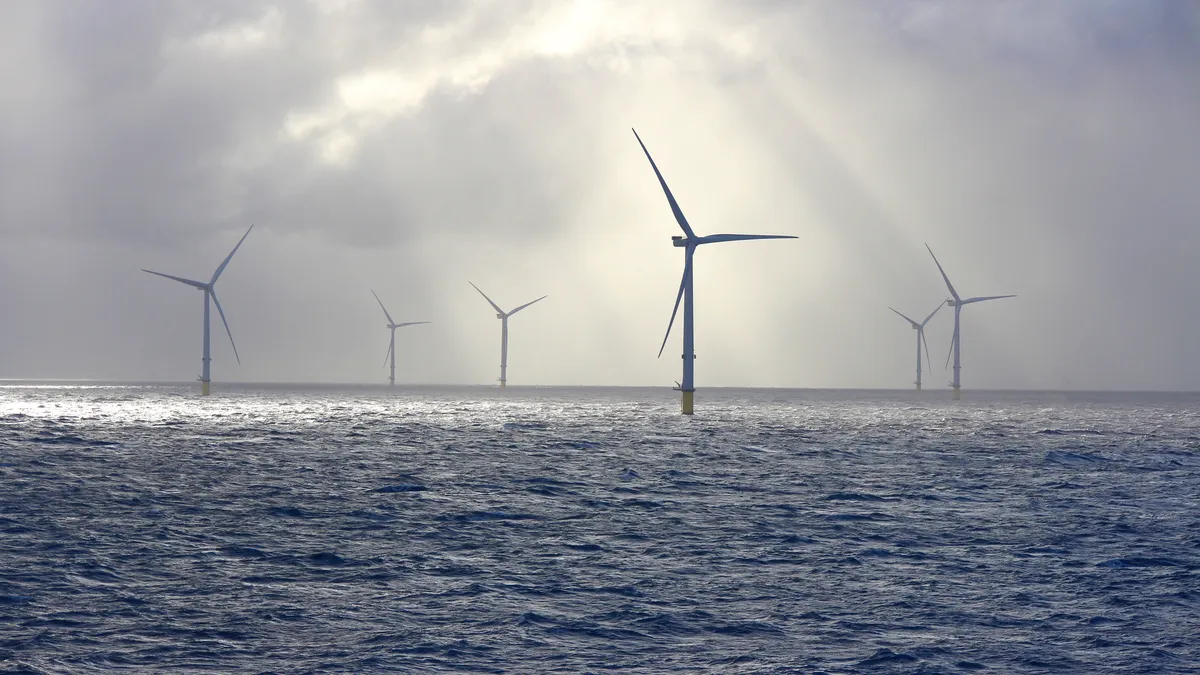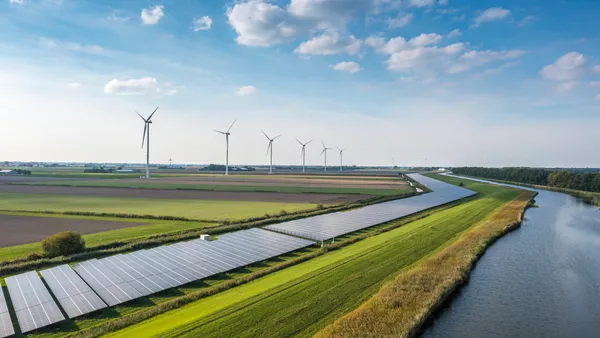The Massachusetts legislature voted Thursday to pass a sweeping clean energy bill that allocates $200 million to the state’s Offshore Wind Industry Investment Fund and will allow the state to negotiate offshore wind contracts of up to 30 years, instead of 20.
The bill also overhauls the state’s siting and permitting processes, directs state agencies and utilities to address electric vehicle charging demand, and changes the state’s definition of clean energy to include nuclear fission and carbon capture technologies.
It provides another $200 million to the Clean Energy Investment Fund, and establishes a new climate technology tax credit with a $35 million annual cap. The legislation also “directs the Massachusetts Department of Energy Resources to review the effectiveness of existing solicitations in contributing to state emissions requirements and to ensuring high labor standards in clean energy, including offshore wind, clean energy generation, and storage procurements,” said a release from Senate President Karen Spilka, D.
“This action by the Massachusetts legislature strengthens the industry and applies lessons learned from years of offshore wind energy procurement and project development,” said Stephanie Francoeur, senior vice president of marketing and communications at Oceantic Network in a release.
The legislation is on the desk of Gov. Maura Healey, D, who is expected to sign it.
“In light of recent events, these two bills have taken on a new gravity,” said Rep. Jeff Roy, the primary House negotiator of the bill, according to NBC10 in Boston. “It is at the state level that we must continue to push forward the necessary clean energy policy to fight the negative effects of the climate crisis."
President-elect Donald Trump has vowed to end the U.S. offshore wind industry on day one of his second term, setting states like Massachusetts — which has a codified goal to contract 5.6 GW of offshore wind by 2027 — up for a fight.
Massachusetts is developing the 2.4-GW South Coast Wind project, 1.6 GW between projects Vineyard Wind 1 and 2, and the 1.8-GW New England Wind project. In 2023, Massachusetts joined Rhode Island and Connecticut in a memorandum of understanding to coordinate offshore wind procurement, the first multistate offshore wind procurement agreement in the U.S.
“By cutting red tape in the permitting process, guaranteeing stakeholder participation, and investing in innovative technologies, we’re not just meeting our climate goals — we’re positioning our Commonwealth as a leader in the clean energy economy,” said Rep. Richard Haggerty, D, in Spilka’s release.















